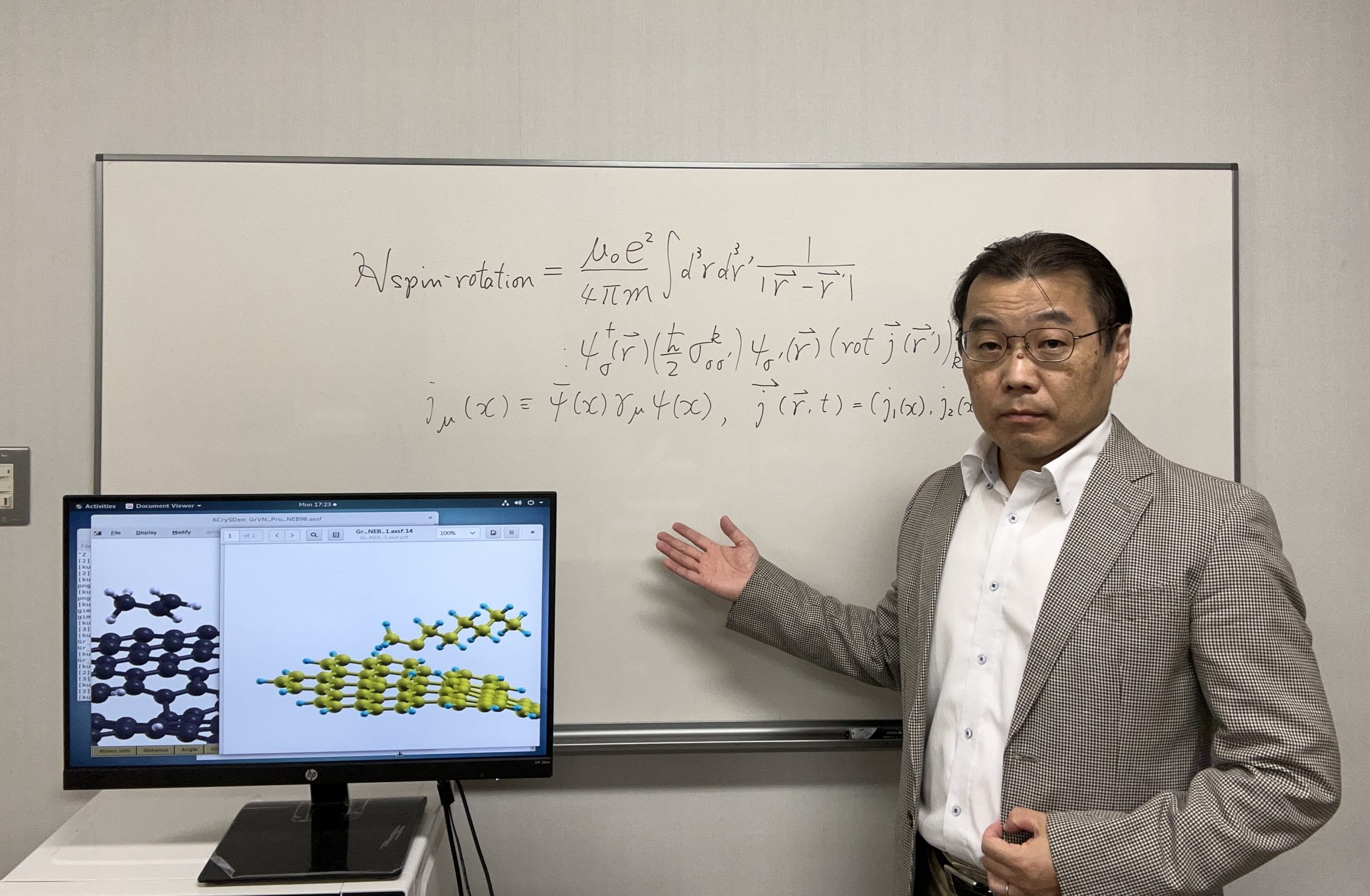
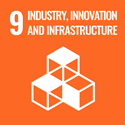
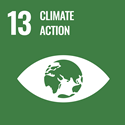
Graduate School of Science
Professor Koichi Kusabe
Currently, it is possible for computers to reproduce physical phenomena at a atomic scale and at an accuracy that yields data extremely close to experimental results.
I am conducting research on this computational materials science, from its fundamental principles to its application.
I believe that these results can be used for designing and proposing new materials and electronic devices that can create technological innovations and contribute to the formation of industrial infrastructure.
There are multiple undertakings of co-development with experimental sciences that aim for countermeasures against warming, such as research into the design of reaction conditions of hydrogen-related materials in particular.
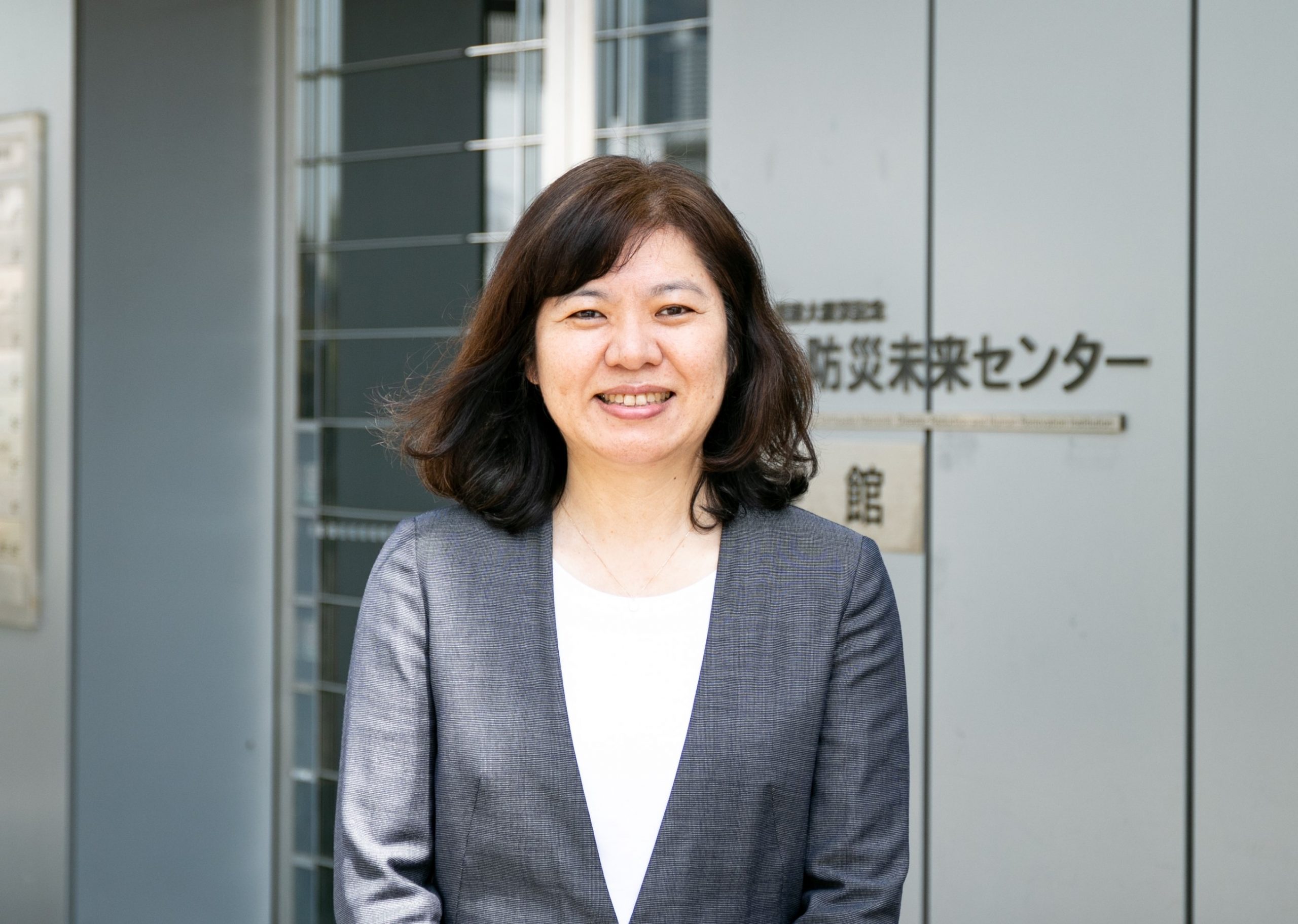
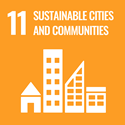

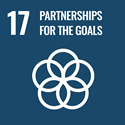
Graduate School of Disaster Resilience and Governance
Professor Michiko Baba
I am conducting research into a method in which land use aims to enrich the lives of people while reducing flood damage. The method involves comprehensive and mutual use of physical and organizational countermeasures, city planning, and social systems regarding land use.
Also, part of my research concerns the roles that various entities involved have in reducing damage and protecting the lives and living environments of people.
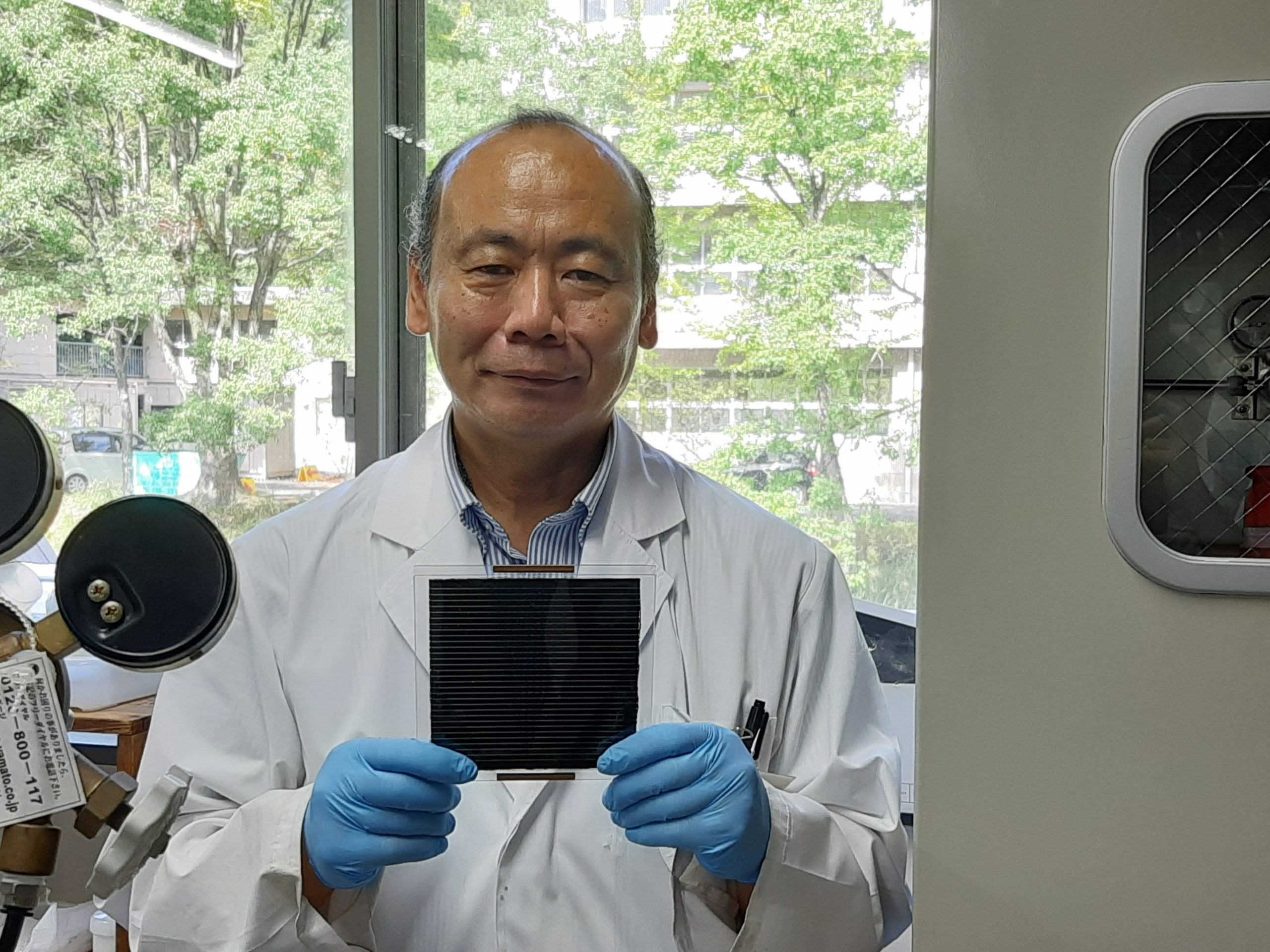
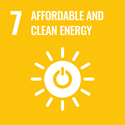


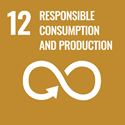

Graduate School of Engineering
Professor Syogo Ito
For such a goal, a highly durable perovskites solar cell was completed. (That is what I am holding in my hands in the picture.)
I am also doing research and development into hydrogen fuel cells with ultra-durable catalyzers and platinum-free catalyzers, in order to use that energy. (A hydrogen cabinet is pictured on the right side of the picture. Pictured on the left side is an air tank.) We will keep on creating amazing developments.
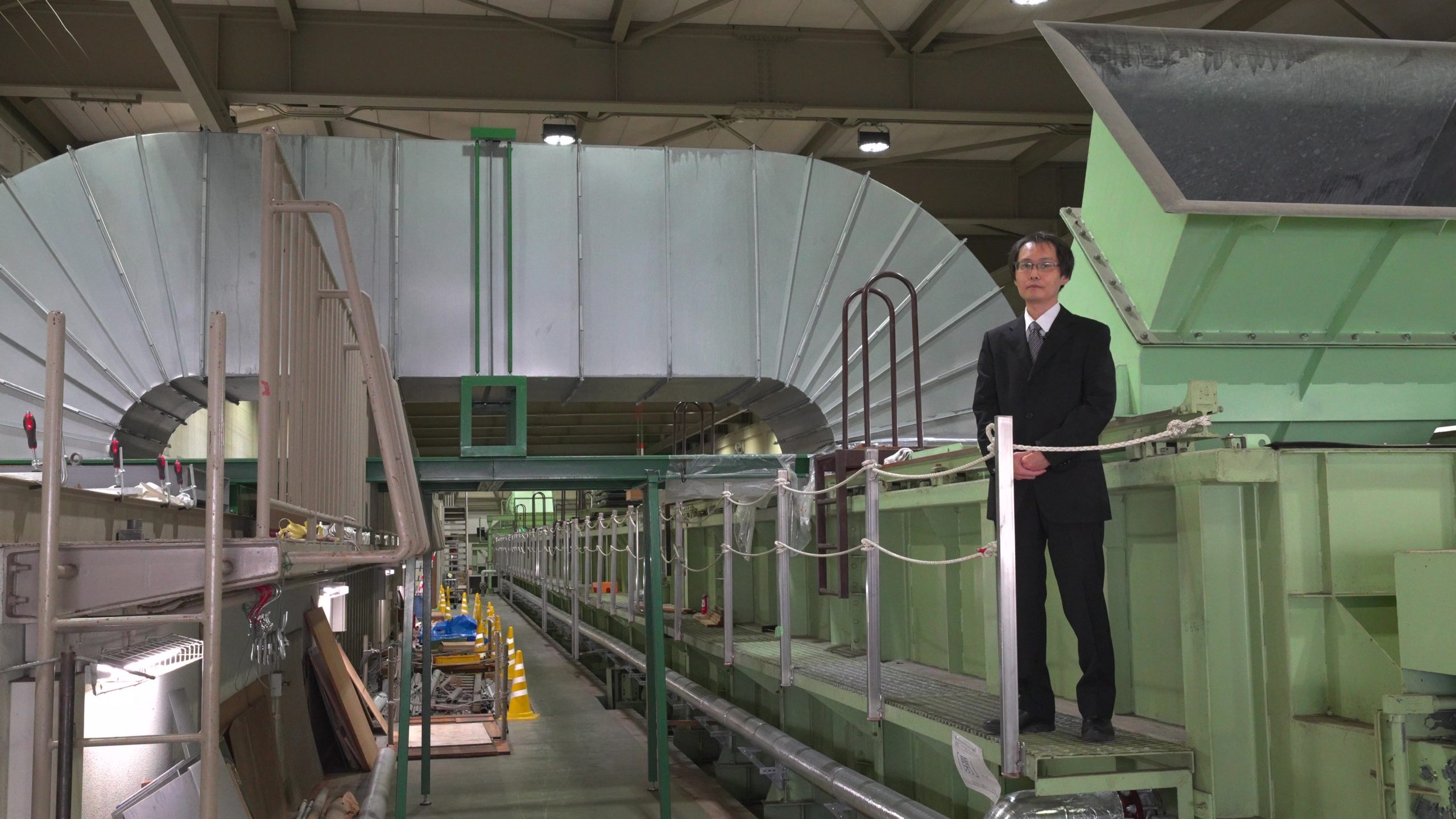




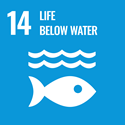
Graduate School of Engineering
Associate Professor Naohisa Takagaki
The violent winds, high tides, and heavy rainfall from typhoons cause major damage to society. In that regard, my graduate school is developing a highly accurate forecasting model of typhoons using an ultra-large mock ocean experimental tank called a “typhoon simulation tank”, the only one of its kind in Japan.
Moreover, being able to modify typhoons, much like suppressing global warming, will create a society with fewer disasters, so we are also investigating that potential.
We are also utilizing engineering to develop ocean energy technologies.
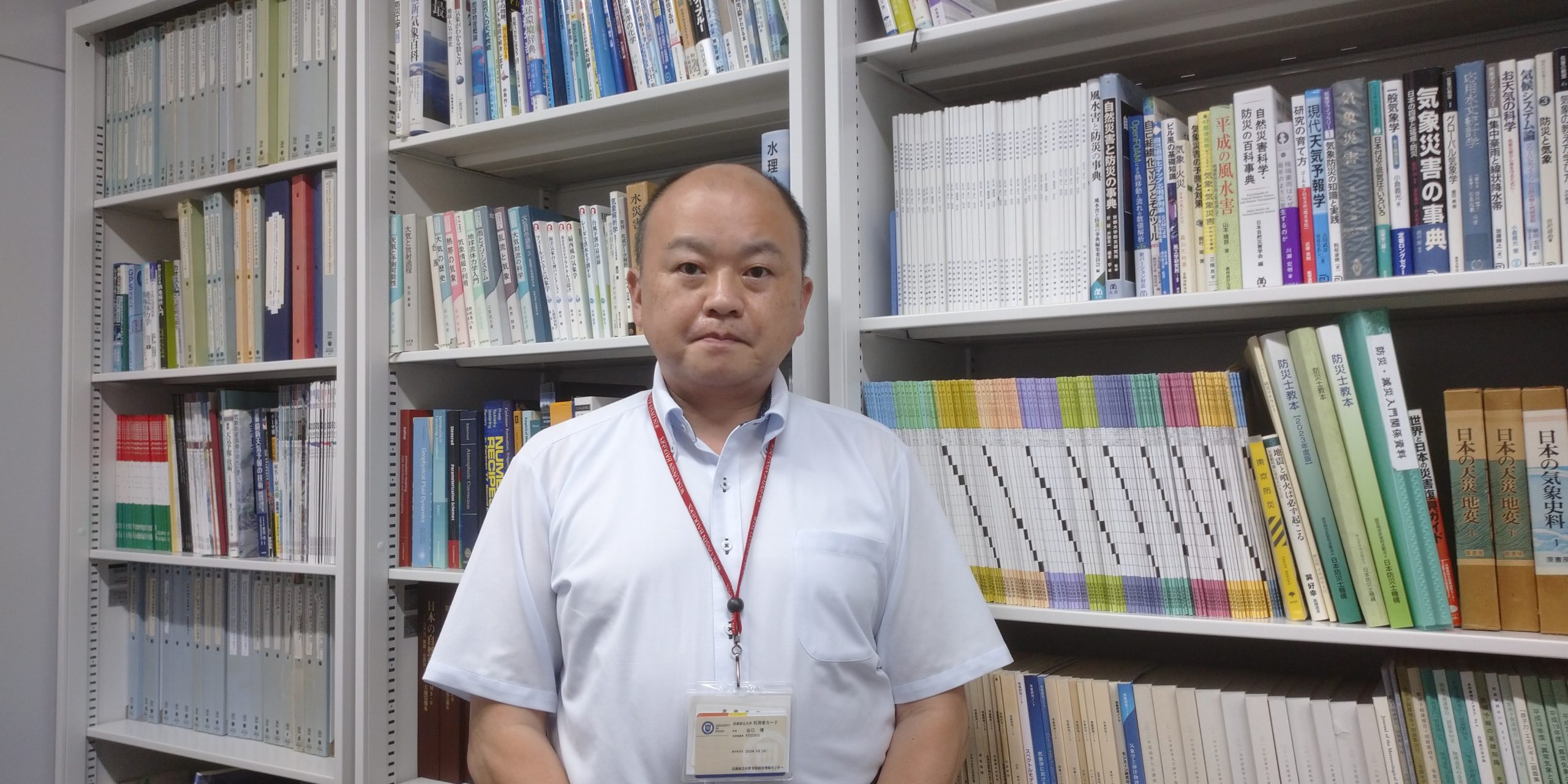

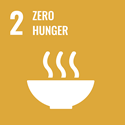


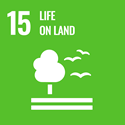
Graduate School of Disaster Resilience and Governance
Associate Professor Hiroshi Taniguchi
Meteorology and climatology are fields in the natural sciences that are closely connected to the everyday lives of humans. I learn about these fields and conduct research so that the knowledge I gain can be applied to future disaster prevention and disaster resilience. For example, methods such as analysis of observation data and re-analysis data, numerical simulations, and theoretical calculations are used for clarifying the mechanisms of past, present, and future phenomena. The forecastability of such phenomena and the relevant knowledge can be used for creating hazard maps or other applications.
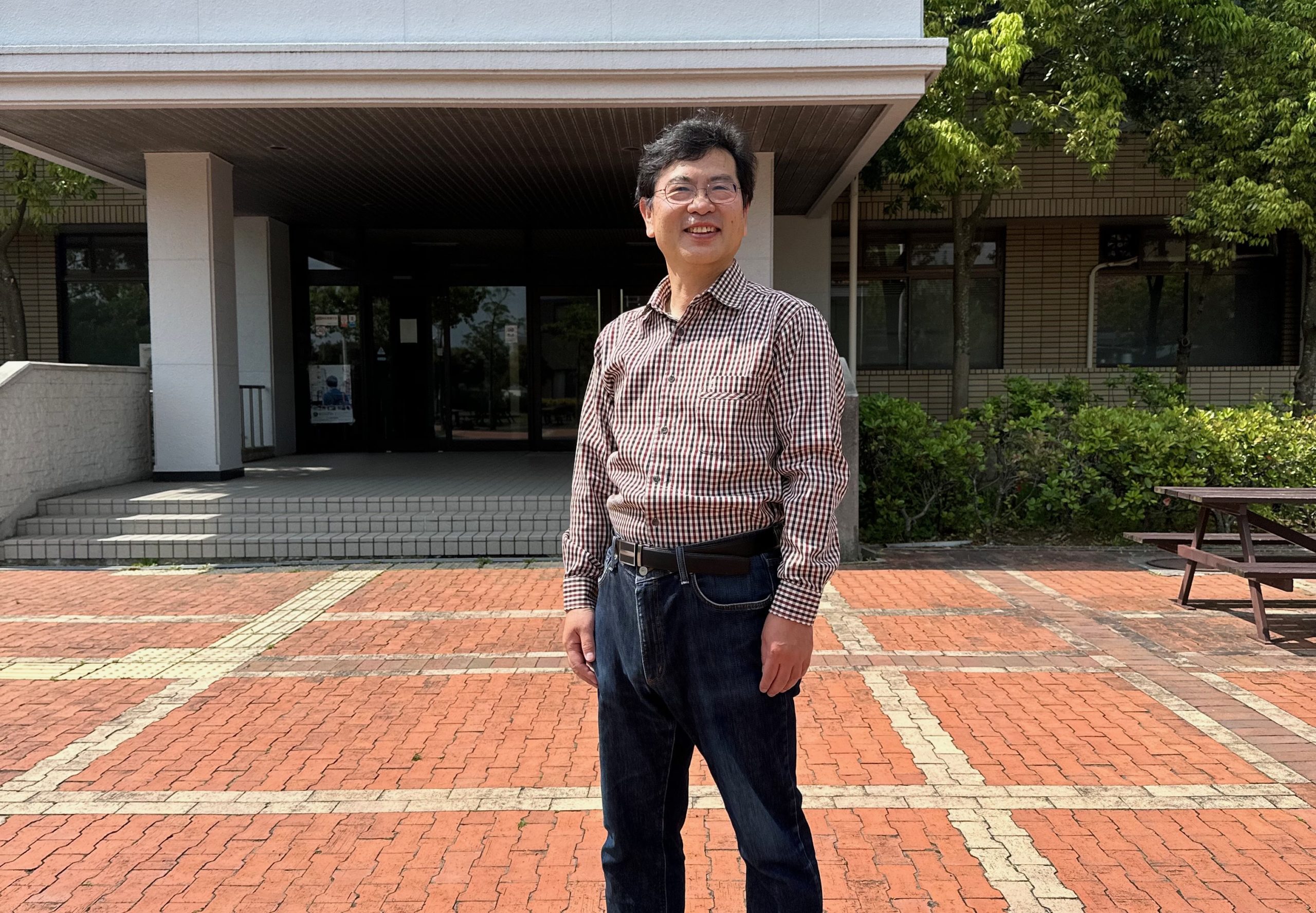
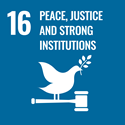
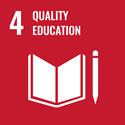



Institute for Nature and Environment
Full-time Lecturer Shinya Narusawa
Human beings, who have evolved while overcoming limitless odds, have an extremely precious existence. The human race must not perish, even with environment destruction, singularity, or war.
Can the human race continue on existing? Hints to this question exist within the number of civilizations in the universe.
This is because it is proportional to the average number of years a civilization has continued to exist. Conversely, we think about our future from speculation on the number of civilizations by SETI (search extra-terrestrial intelligence). “The future of humanity is in space”
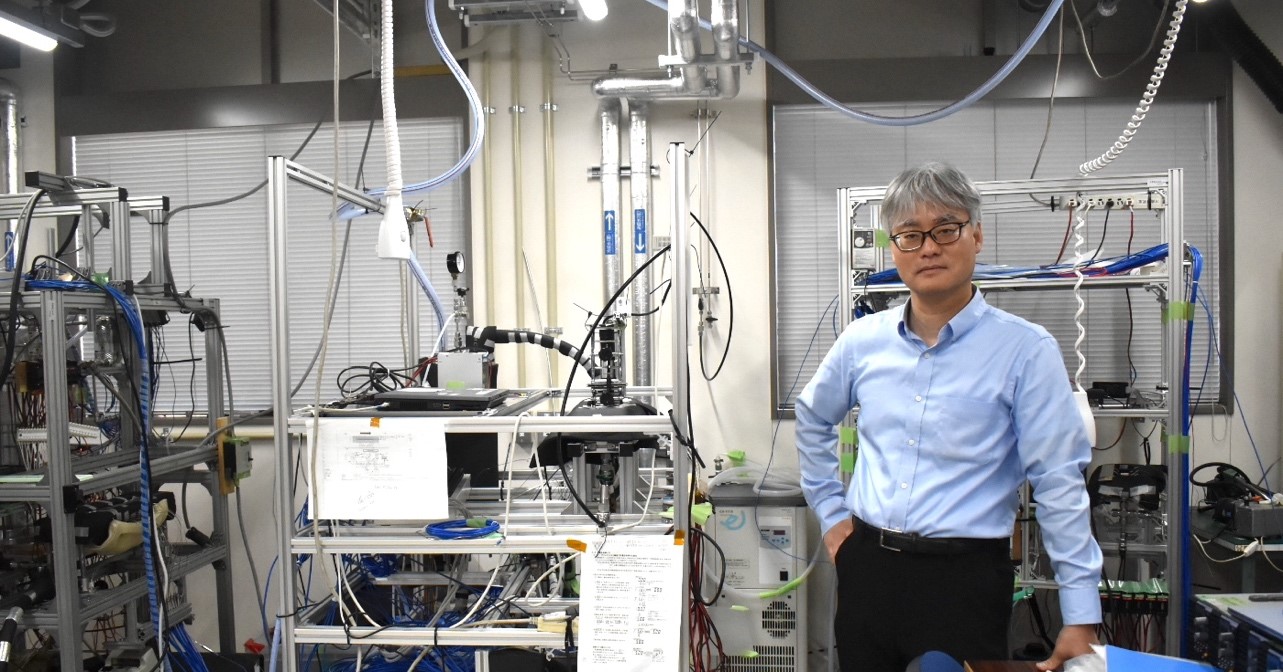



Graduate School of Engineering
Professor Osamu Kawanami
Heat is a source of energy and a waste product in its final form. For example, at the data centers that are necessary for cloud technologies, approximately 40% of the power consumption is for the energy necessary to cool electrical components, which generate heat. With regards to heat-related problems, we are developing new technologies for heat management and utilization and research that contributes to lowering energy consumption.
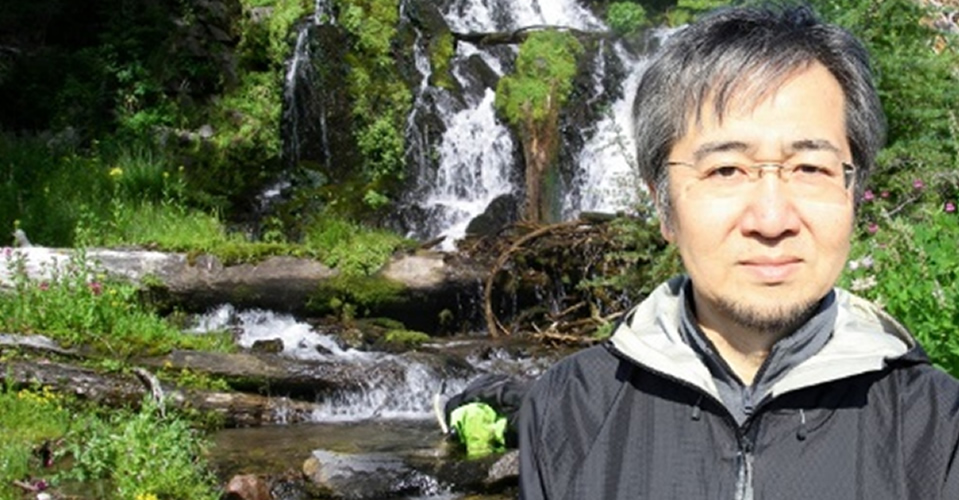




Graduate School of Regional Resource Management
Shiro Sagawa, Professor and Head of the Graduate School of Regional Resource Management
Japan is currently advancing changes to river basin management in response to flood damage that has been occurring frequently in recent years.
Going forward, we will need to make efforts to achieve multi-angle river control measures that take into account the entirety of river basins and to preserve biodiversity.
We touch on these issues at public lectures and through planning/announcement sessions.
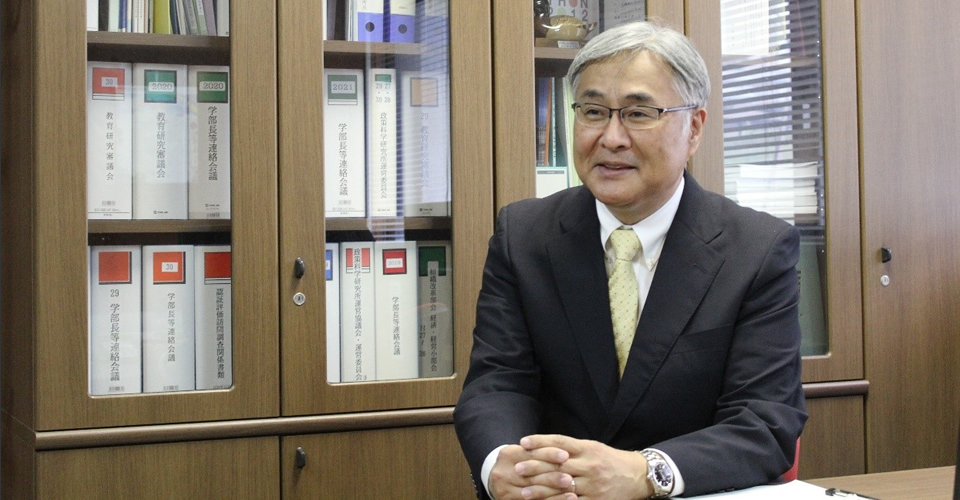



Institute for Policy Analysis and Social Innovation
Professor, Vice President Shinichi Kusanagi
In addition to research centered on the theory and practice of conventional public utilities, my current goal is to deepen my understanding of future prospects, such as a hydrogen society, with a focus on constructing a carbon-free society.
To that end, I am advancing research in a project-based style through collaborations with private enterprises, think tanks, and other universities.
Other goal initiatives can be found in the list here.